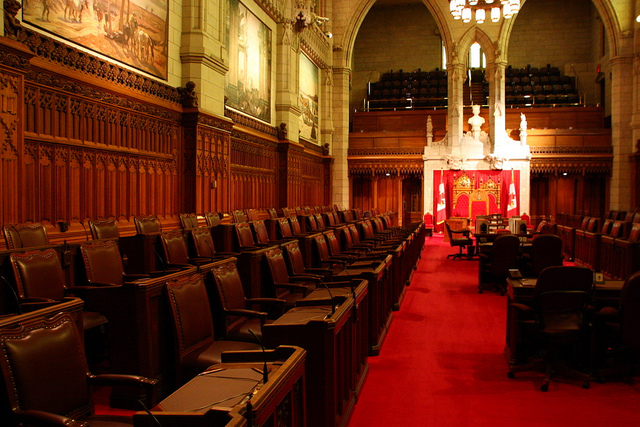Quick now. Name me 11 things Nova Scotia’s 11 partisan, unelected senators have done in the past 11 years to influence federal laws or policies to protect Nova Scotia’s interests in ways that, say, our 11 partisan, politically elected members of Parliament have not.
Okay, 10 things? Five in five years? One in one?
Too difficult? Then name me three of the nine Nova Scotia senators who were not publicly fingered by the auditor general last week for having played fast and loose with their expenses? One?
Our no-name Senate is not — never has been — a chamber for “sober, second thought.” And — Premier Stephen McNeil notwithstanding — there is no evidence our upper chamber of pastured partisans provides a more effective voice for provincial interests than elected MPs, or provincial governments.
Last week, McNeil dismissed growing calls for the abolition of the Senate. He even said he would only support reform if it meant Nova Scotia could keep its traditional, out-of-whack-with-our-population percentage of Senate seats (10) so “the founding fathers’ intentions are reflected.”
Did the founding fathers intend Mike Duffy? Or Stephen Harper’s order to Conservative senators to kill climate change legislation passed by the House of Commons in 2010?
The problem is that, under our current constitution, it would require the unanimous consent of all provinces, plus Parliament, to sink the Senate.
But the larger problem is that Canadians themselves do not have an official place at the constitutional reform table, which is over-crowded with self-interested, trough-and-turf-protecting politicians.
While changing a constitution should never be simple, no sovereign country should have a constitutional reform process that makes constitutional reform impossible.
So let’s start with a non-binding national referendum to make referenda an integral element of future constitutional change. If enough of us voted yes, it would be hard to imagine any government or politician saying no to such a change.
With a more flexible and responsive amending process in place, we could then stage thoughtful, public debates and then vote, not only on the future of the Senate, but also perhaps on electoral reform or other important public constitutional issues.
Involving the people? What a concept!
This article first appeared in Stephen Kimber’s Halifax Metro column.




